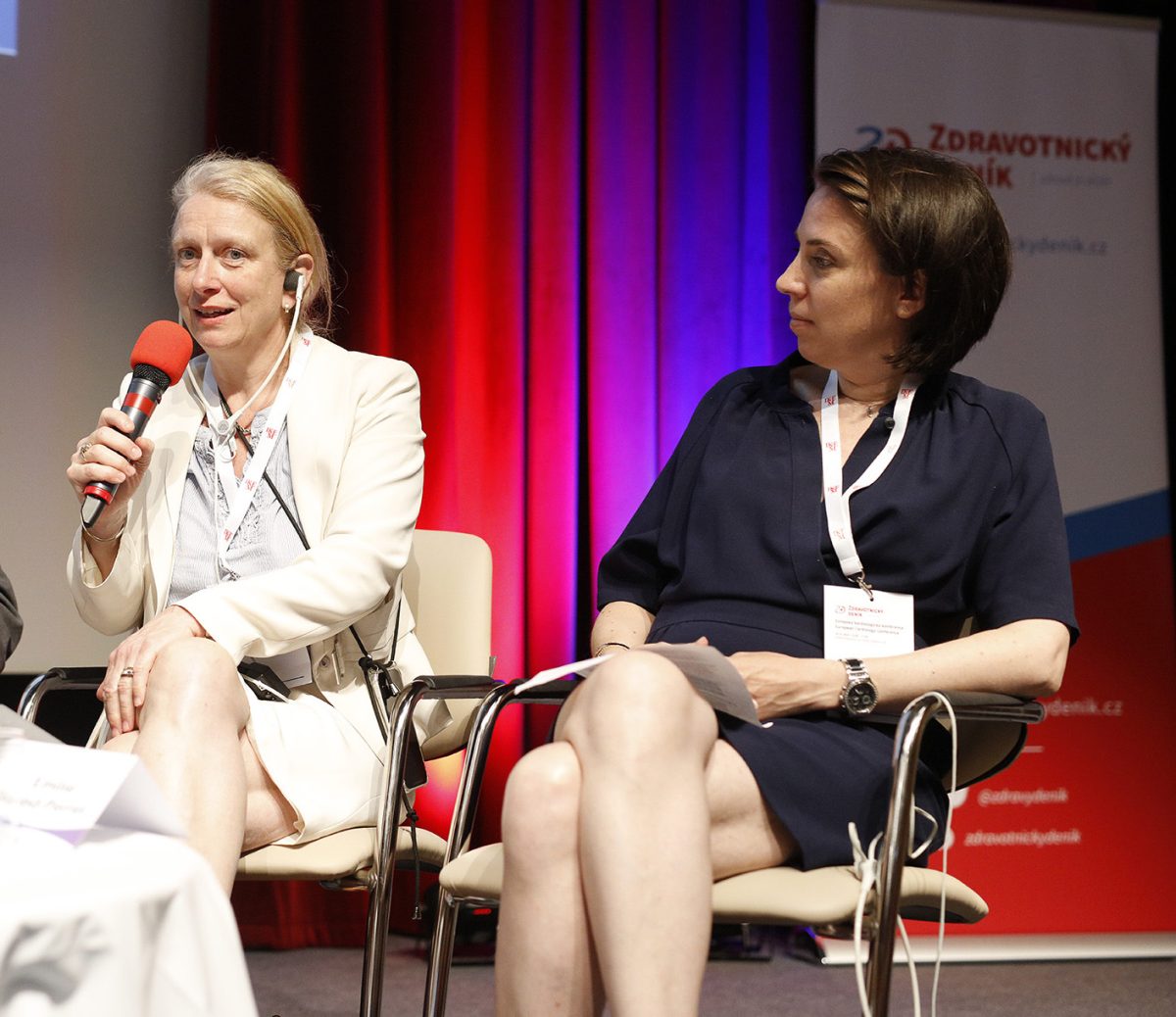We need a European cardiovascular plan or we will fail, concurred domestic and international cardiovascular health experts from the medical community and patient organizations at the European Cardiology Conference of the Healthcare Daily. A cardiology plan for Europe could be modeled on the Europe’s Cancer Beating Plan. According to Health Minister Vlastimil Válek, cardiology could also be a priority for the next EU presidency.
The cost of treating cardiovascular diseases is enormous in Europe, around €200 billion (roughly 4.7 trillion Czech crowns), despite the fact that these are diseases that can be successfully treated if detected early and thus prevent future complications. „It is a huge challenge for us, but also a huge opportunity. We have the opportunity to reduce the premature and preventable deaths, (an area in which) there is enormous difference between Eastern and Western Europe,“ said Birgit Beger, Executive Director of the European Heart Network (EHN) at the conference. A pan-European cardiovascular plan, which experts have been calling for for some time, is therefore the solution.
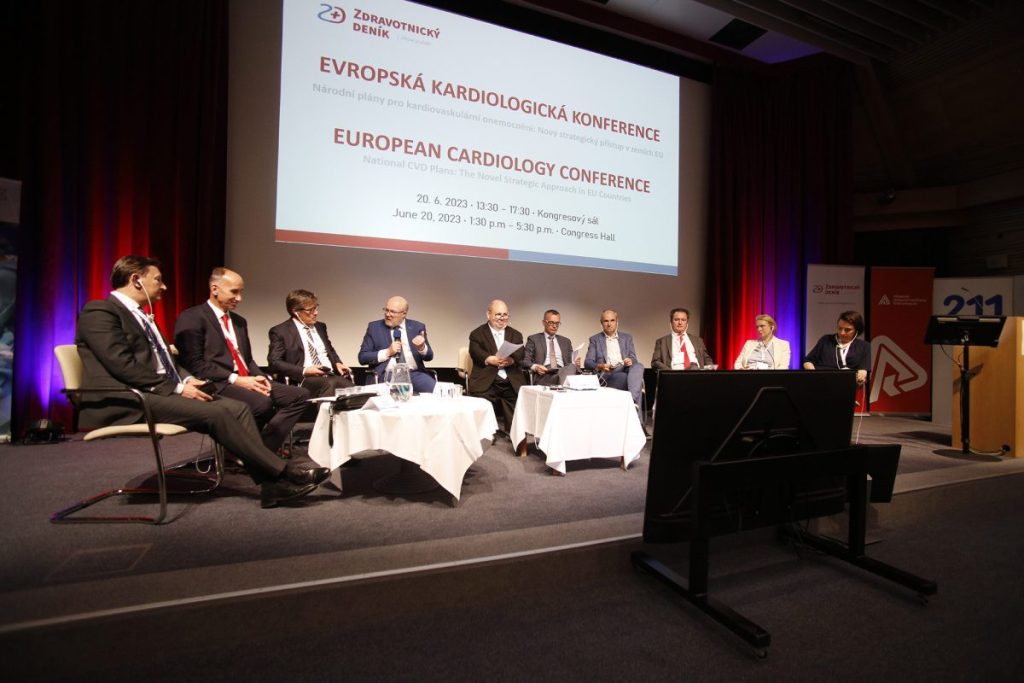
The gap between East and West
Another of the speakers at the conference, Emilie Grand-Perret, Vice-Chair of the Board of Directors of the Association of Innovative Pharmaceutical Industries (AIFP), also drew attention to the significant inequalities between Eastern and Western Europe in the field of cardiovascular health. „In Eastern Europe the mortality rate is three to eight times higher than in some Western European countries. The Czech Republic is not an exception. There is a need for prevention lifestyle changes and also the organization of care,“ she said, adding that a Europe-wide plan to combat cardiovascular disease is definitely in order. „Take for example the European Union’s Cancer Beating Plan. This is a very good example of how a plan at the European level can guide and support national healthcare systems in finding solutions to health problems,“ Perret said. But even the best innovative therapies are not enough on their own to achieve the desired results, she said. „There is a need for better patient education. Most of the patients often don’t understand the risks and what they could do better. There are still many gaps,“ she added.
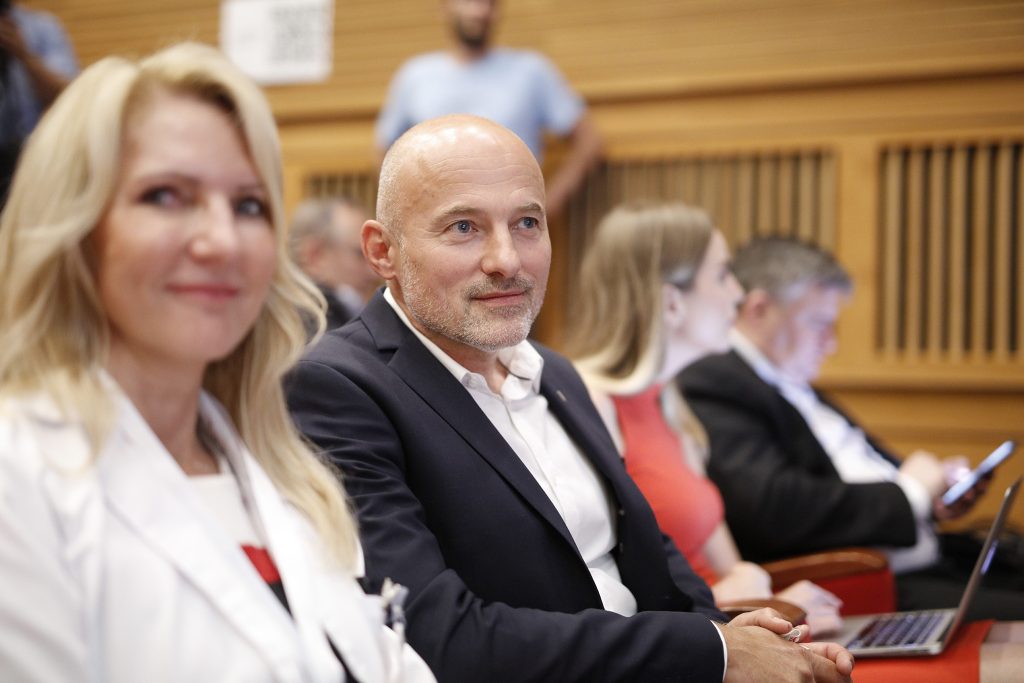
The unification of the approach to cardiovascular care among EU member states was supported at the conference by, among others, the President of the European Society of Cardiology, Franz Weidinger, who was another guest speaker. „The European Society of Cardiology will prioritize quality data collection, research, better digital literacy and new technologies over the next five years,“ he said, adding that he very much welcomed the opportunity to speak with a representative from the political sphere, Czech Health Minister Vlastimil Válek, who also attended the event. „It looks like cardiology could be a priority for the next EU Presidency,“ Minister Válek outlined during his speech, adding that he would like to discuss strategies with representatives of European cardiology societies in the future, which could then form the basis of a Cardiology Action Plan.

Beger said a European cardiovascular plan would reduce premature deaths, tackle inequalities between European countries and pave the way to a healthier and better quality of life for all, even though doctors are already able to catch the risk of heart attacks early thanks to measures that did not exist before. Digital technologies are also helping significantly in treatment. “Digital innovations can connect the healthcare system better. There is an interdisciplinary pathway where the general practitioner in primary care is a lead to the specialist, cardiologist and also the pharmacist,” said Beger. In her opinion, the use of digital technology will lead to a strengthening of outpatient care in the future, but also to greater health literacy and a more effective fight against inequalities in treatment.
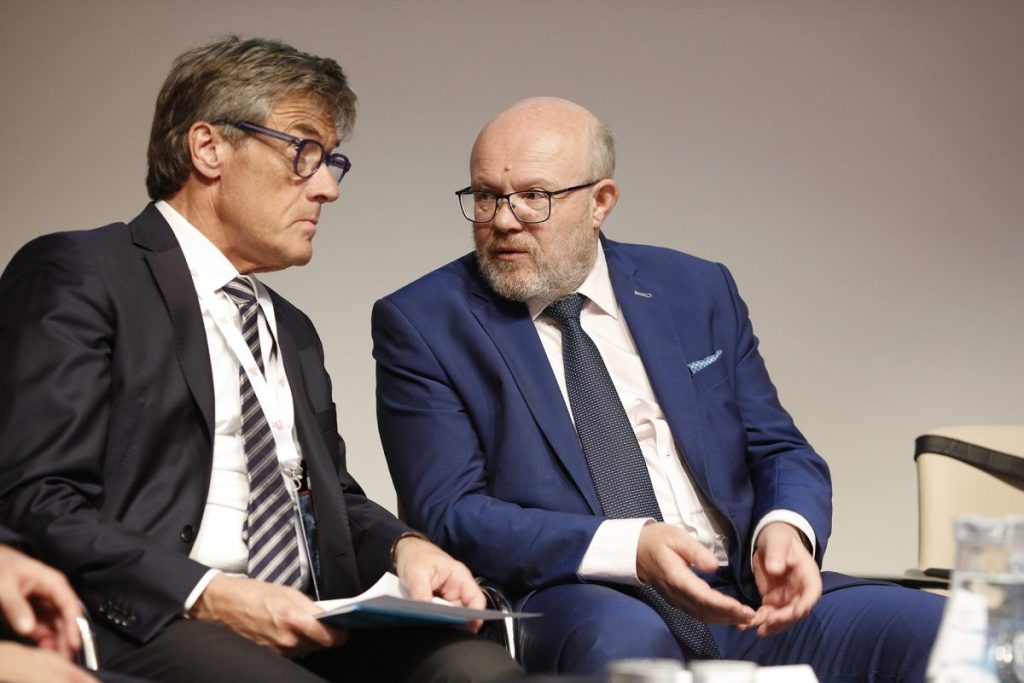
The European Heart Network, which Beger represented at the conference, is an alliance of foundations and associations that have been working together to fight heart disease for thirty years. The Brussels-based organization represents the interests of patients across Europe. “Our vision is that every European has a right to life free from cardiovascular disease,” Beger emphasized during her presentation at the conference.
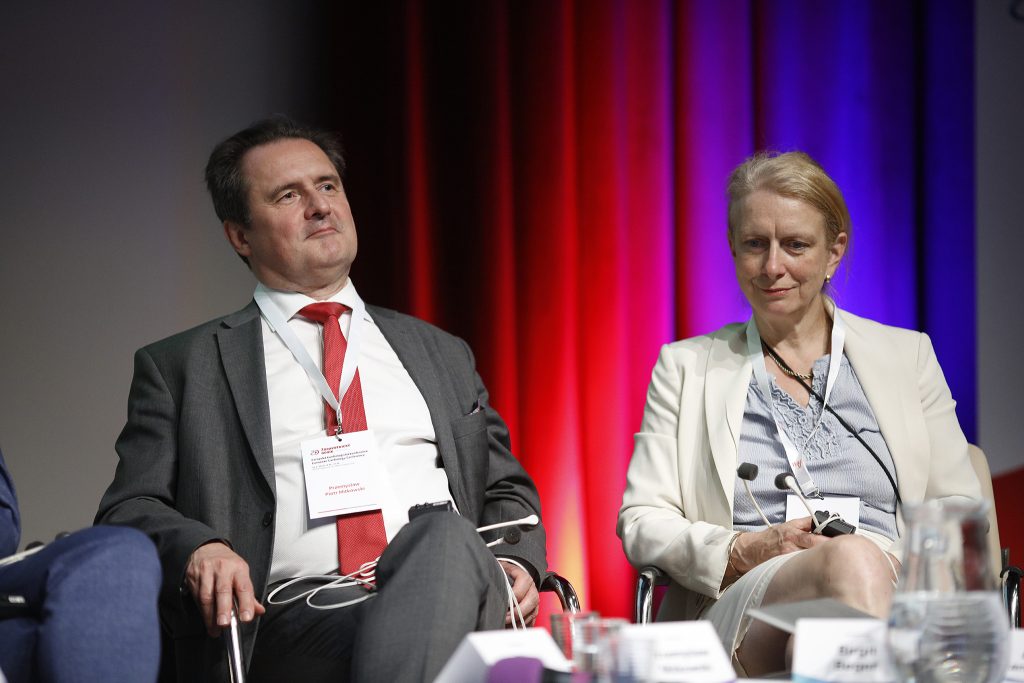
Lack of available data base
AIFP’s Grand-Perret also highlighted the lack of data on risk factors for cardiovascular disease. „We have a lack of data and quality indicators to understand where to focus. We need to focus on primary and secondary prevention and also education. Even though they are very time-consuming for physicians,“ she said.
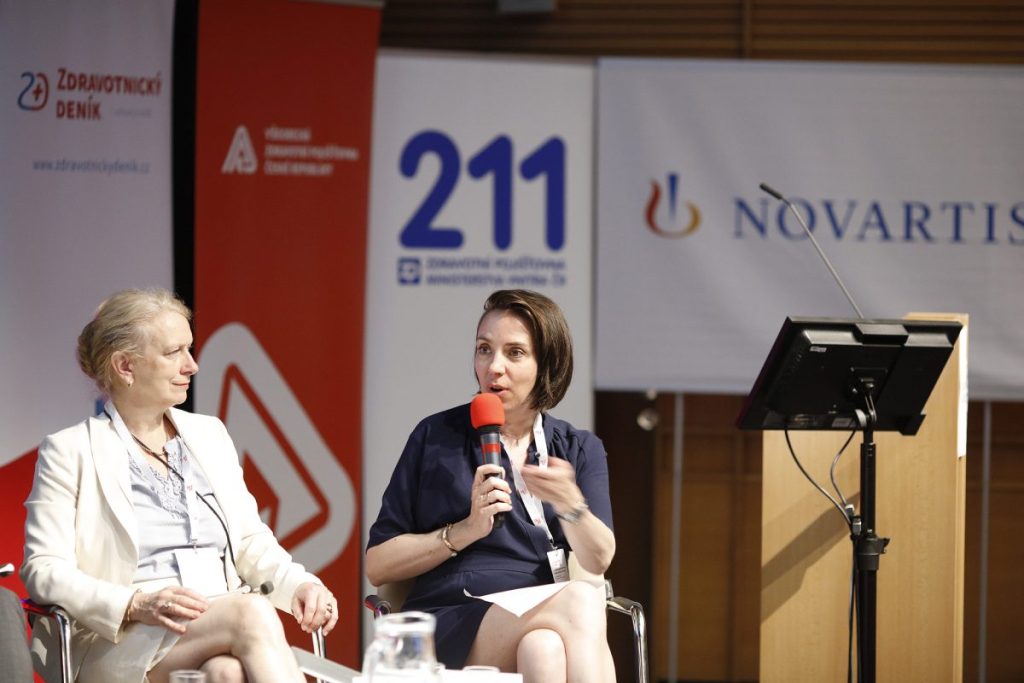
AIFP brings together 34 member pharmaceutical companies in the Czech Republic. “Our goal is to improve access of Czech patients to innovative treatment and by that to contribute to improvement of their health,” Grand-Perret stressed, adding that the Association is ready for further cooperation with the Czech Cardiovascular Society, the Ministry of Health and other experts.
Nela Slivková
The Healthcare Daily would like to thank the general partner of the conference, Novartis, and partners Institute of Clinical and Experimental Medicine, General Health Insurance Company, RBP Health Insurance Company, Ministry of the Interior Public Health Insurance Fund and Amgen for their support.
Photo by Martin Kovář
Mohlo by vás zaujímať



